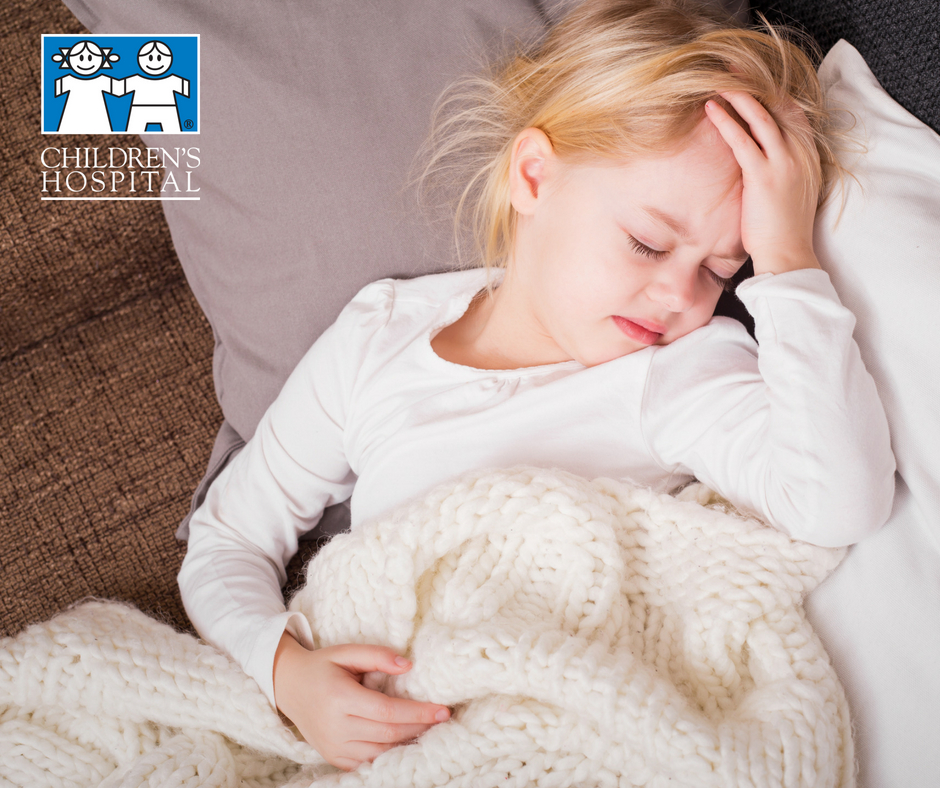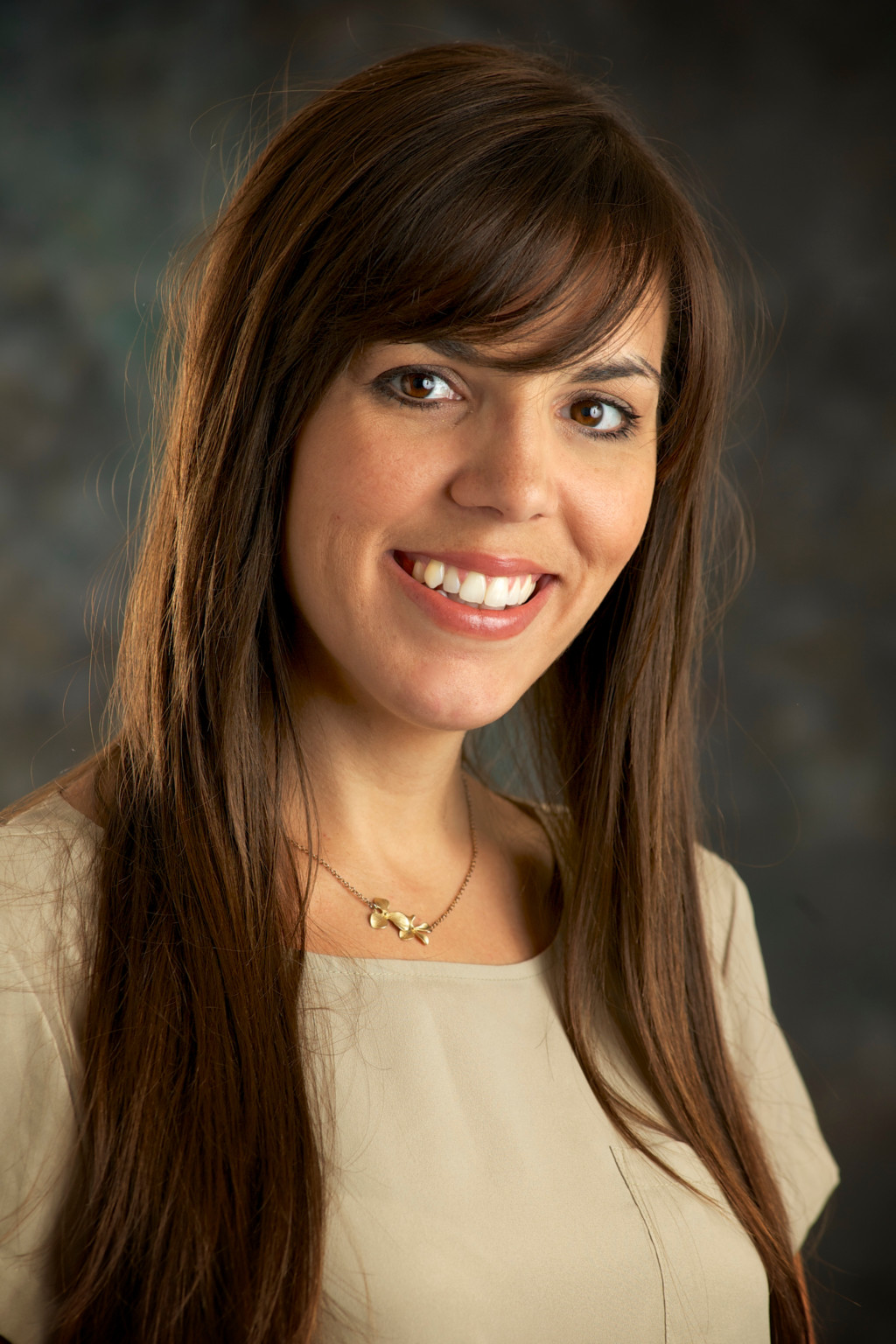Disclosure :: this post is sponsored by Children’s Hospital.
Headache is one of the most common complaints encountered in medicine. It is estimated that over the course of a year 50 – 75 percent of adults will experience a headache with 30 percent of those patients having a headache consistent with migraine. But headaches are not just an adult problem, as headaches are common for children too. Headache prevalence in children is 58 percent, with migraine having a prevalence of approximately 7-8 percent in children up to age 14 and even higher in older adolescents. In fact, half of all migraine sufferers will experience their first attack prior to the age of 12. The World Health Organization estimates that half of patients with migraine have not seen a doctor in the last year and that only two thirds of patients with migraine are actually diagnosed, demonstrating the continued need to raise awareness of headache disorders and improve the quality of headache care for patients.
 Migraine is one of the top 10 causes of disease related disability in the world and is estimated to cause annual loses of productivity in the range of 1.4 to 17 billion USD. It is actually the most disabling neurological disease in the world for people under age 50, ranking higher than epilepsy, strokes, and chronic back pain. Migraine in children is also a significant cause of disease related disability as children with migraine miss more days of school, have poorer academic performance, and miss out on activities and extracurriculars. This burden is often also passed to the parents who care for children with migraine in the form of missed work days and less participation in family activities.
Migraine is one of the top 10 causes of disease related disability in the world and is estimated to cause annual loses of productivity in the range of 1.4 to 17 billion USD. It is actually the most disabling neurological disease in the world for people under age 50, ranking higher than epilepsy, strokes, and chronic back pain. Migraine in children is also a significant cause of disease related disability as children with migraine miss more days of school, have poorer academic performance, and miss out on activities and extracurriculars. This burden is often also passed to the parents who care for children with migraine in the form of missed work days and less participation in family activities.
Treatment Options
Though physicians may use many tools to help children who experience headaches, one of the first steps in the treatment of pediatric headaches is addressing the lifestyle factors that are known to contribute to headache frequency and severity in children. Children who skip meals, consume caffeine, drink too little water, lack physical activity, overuse medications, and experience social stressors have been shown to have higher rates of headaches. Commonly referred to as “headache hygiene,” these interventions such as avoiding skipping meals, weaning caffeine, improving hydration, increasing exercise, and addressing mental health, are effective and necessary to improve headaches. By practicing good headache hygiene parents can start helping their children with their headaches before they even reach the doctor’s office!
We recommend starting with these tips:
- Ensure that your child is not skipping any meals. Encourage your child to eat breakfast and check that kids are eating meals when they are away for home for example, lunch at school.
- Make sure your child is drinking plenty of water, at least eight cups per day!
- Establish a consistent sleep schedule that is same on weekdays and on weekends and allows your child to get enough hours of sleep for his or her age.
- Eliminate caffeine beverages such as sodas, coffee, and tea.
- Add physical activity and exercise to your child’s routine. Thirty minutes of physical activity, five days per week, is recommended
- Check in with your child regarding their mental wellbeing. Make sure they are taking time to manage the stress of school work and extracurricular activities. Also consider making sure your child is not experiencing a new stressor, such as bullying, that he or she may have not reported to you yet.
About Jessica Gautreaux, MD




















